Kali Fajardo-Anstine

Long before I was a winner of a BCF American Book Award, I was a reader who had been guided by their spotlight on American Literature. In the dusty aisles of a Denver bookshop, titles splayed on shelves and floor, I came across This Bridge Called My Back, the feminist classic of intersectionality edited by Cherríe Moraga and Gloria Anzaldúa and a foreword by Toni Cade Bambara. The cover intrigued me with the scant outline of a woman bent forward, her prominent back in a line, the title imposed across her shoulders (perhaps in the same nook where Atlas bore the heavens). The cover of This Bridge Called My Back also had a prize listed in bright yellow: WINNER OF THE 1986 BEFORE COLUMBUS FOUNDATION AMERICAN BOOK AWARD. This book, along with so many other American Book Award winners, became foundational to my understanding of myself and the world around me. I knew then just how special the American Book Award is.
When my debut short story collection, Sabrina & Corina, was honored with an American Book Award, I was living in a studio apartment in the sky that looked upon a white brick wall and a concrete courtyard. It was nighttime when the news came in. I was stunned, warmed, standing at my window and invited to remember the long legacy of groundbreaking literature supported and upheld by the American Book Award. Every writer and book honored by the BCF is a master class in the genius and artistic and intellectual heart of this country. I am forever grateful and honored to be among the winners of this prestigious award.
— Kali Fajardo-Anstine, winner of an American Book Award 2020 for Sabrina & Corina

John Keene
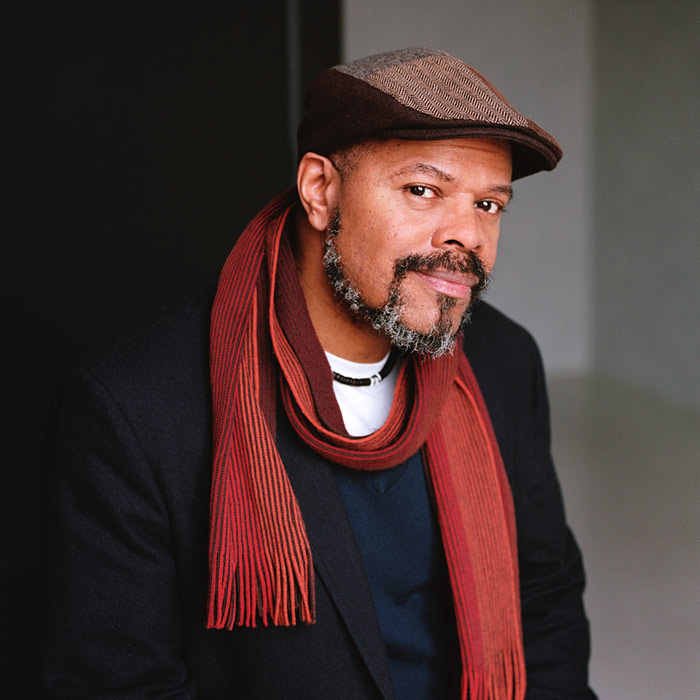
For many years before I received the Before Columbus Foundation’s American Book Award I followed its annual announcement of honorees because they consistently comprised writers and works pairing aesthetic distinction and innovation with a commitment to social and economic justice, and cross-cultural dialogue and collaboration. When I learned I would join this list, the first major award my collection Counternarratives received, I was deeply honored. I still am grateful for the Before Columbus Foundation’s affirmation of the book’s value, and also appreciative to be in conversation with so many books and authors– including my former teacher and one of the founders of the Before Columbus Foundation, Ishmael Reed–I admired for so long, authors and texts that have helped to transform American literature and enriched the broader global literary pantheon.
—John Keene, winner of the American Book Award 2016 for Counternarratives

Judy Grahn
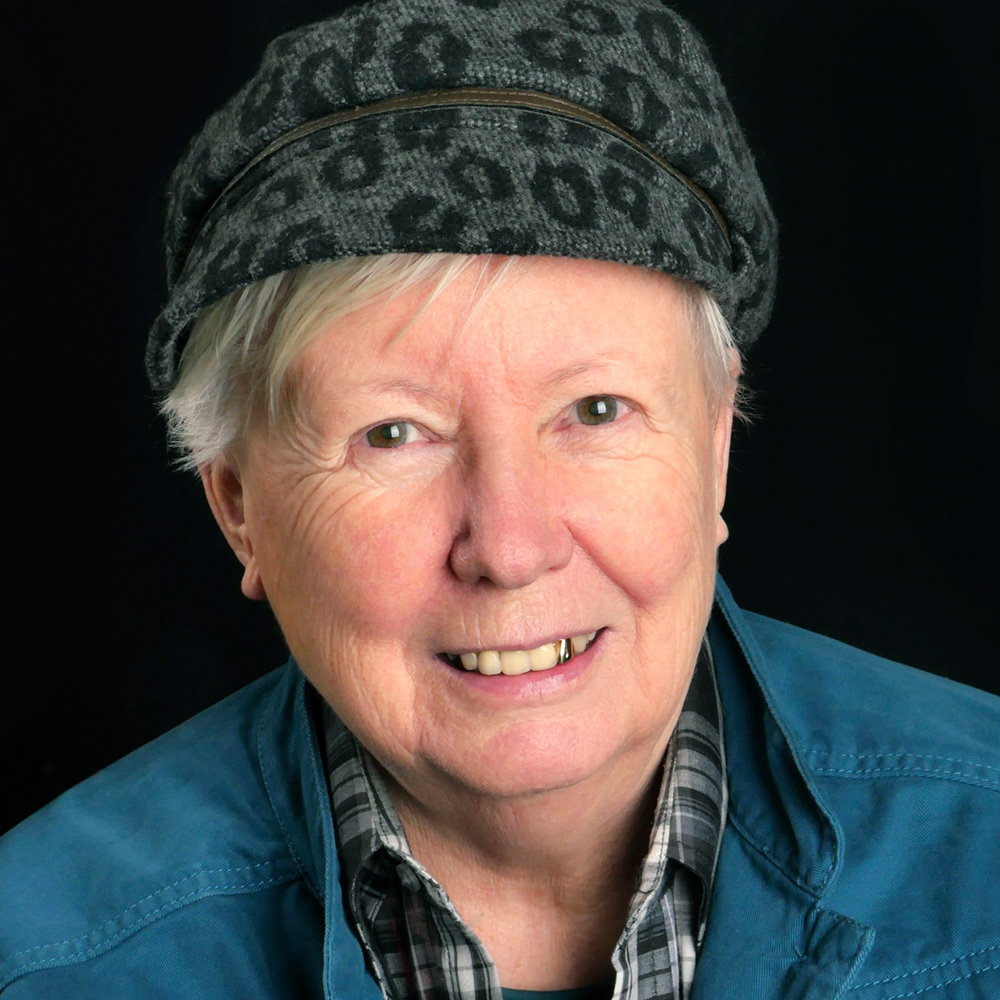
I’ve been privileged to receive two Before Columbus American Book Awards, one in 1983 for a book length poem, The Queen of Wands, and the second in 2013 for a memoir, A Simple Revolution: The Making of an Activist Poet. I prize these two awards more than others, loving the two parts of the name and what they mean. Because Ishmael Reed so brilliantly called his foundation “Before Columbus,” which means “precolonial,” there can be a vision of “postcolonial,” for all us writers to aspire to. And because he fought to retain the title “American Book Award,” after this was challenged, I think of it as a quintessential postcolonial American marker, striving for a successful multicultural world, in the present and in the future.
—Judy Grahn, winner of the American Book Award 1983 for The Queen of Wands: Poetry, and the American Book Award 2013 for A Simple Revolution: The Making of an Activist Poet

Henry Louis Gates
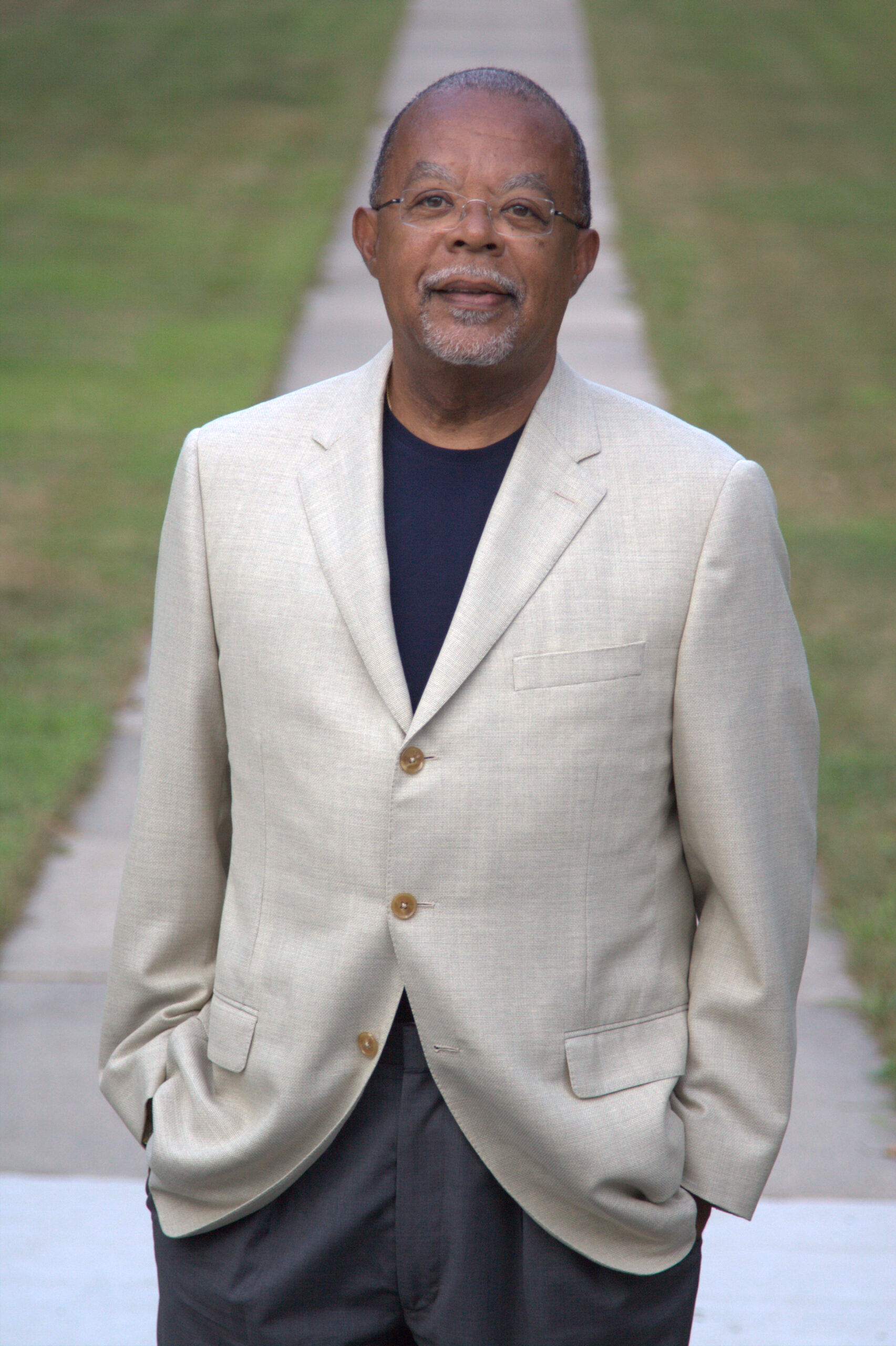
It remains one of the signal honors of my career to have received the American Book Award for The Signifying Monkey. The Before Columbus Foundation has always understood diversity and literary achievement as intertwined. Diversity is not a goal to achieve; it is who we are as Americans, and the Before Columbus Foundation understands that now, and understood that then, even way back in the 1980s! On a personal note, it was the first award I’d received for my scholarship, and since the book was so controversial with older and established white scholars, receiving the award was a tremendous blessing to me: it made me aware that both my work and my field had merit, had value to other scholars of the tradition, and to some extent, had “arrived.”
—Henry Louis Gates, winner of the American Book Award 1989 for The Signifying Monkey: A Theory of Afro-American Literary Criticism

Jeff Chang
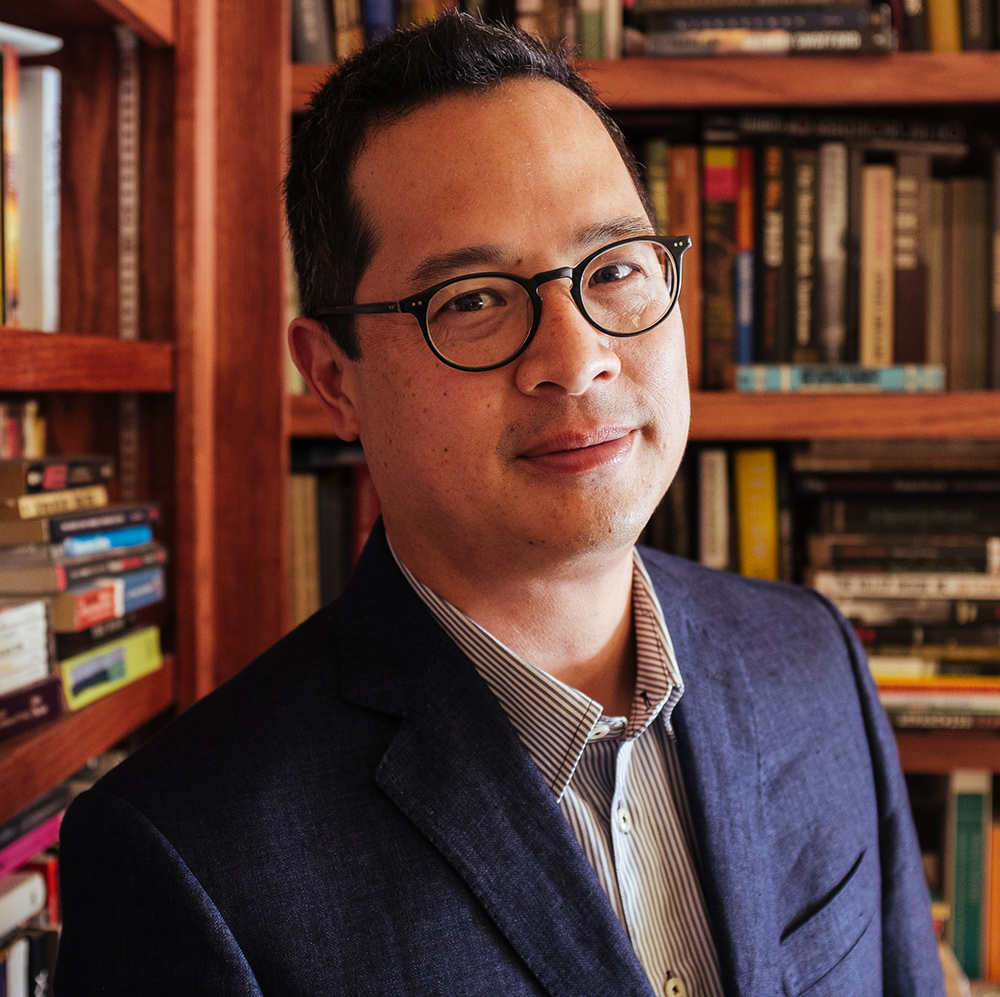
For many of us who came of age before the turn of the millennium, awards meant nothing — or that is what we used to tell ourselves. Those of us thirsty for great art, music, or books conjured of and by the colors, rhythms, and words of our worlds were never not quenched. But we never expected others to feel these works—our works, because they spoke to us, represented us, guided us—would be worthy of recognition. We never expected to be anything but subcultural, marginal, disposable to the gatekeepers of the so-called mainstream.
But of course, recognition did mean something. We did note how little attention our heroes received. We did protest when they ignored or disrespected us. But in launching the American Book Awards, the Before Columbus Foundation proposed that “multiculturalism” was not a mere genre, trend, or container for anything “minority” (read: left-over), but was in fact the natural state of U.S. arts. They were considered radical. But they have never needed to position the Awards against any mainstream. These books were and are the mainstream.
Recognition is the basis of any human exchange. It can be the beginning of a transaction or the beginning of community. Since its founding the American Book Awards have presented the most expansive possibilities of our national literature and letters. There is no short list. There is so much to honor, so much of our past, present, and future to share.
Some awards do mean a lot. I will always be proud of being an American Book Award recipient. The award represents exactly the kind of nation and world I want to help build, a multiracial democracy made vibrant and rich by the beauty of manifold voices telling their truths.
— Jeff Chang, winner of the American Book Award 2005 for Can’t Stop Won’t Stop: A History of the Hip-Hop Generation

Roxanne Dunbar-Ortiz
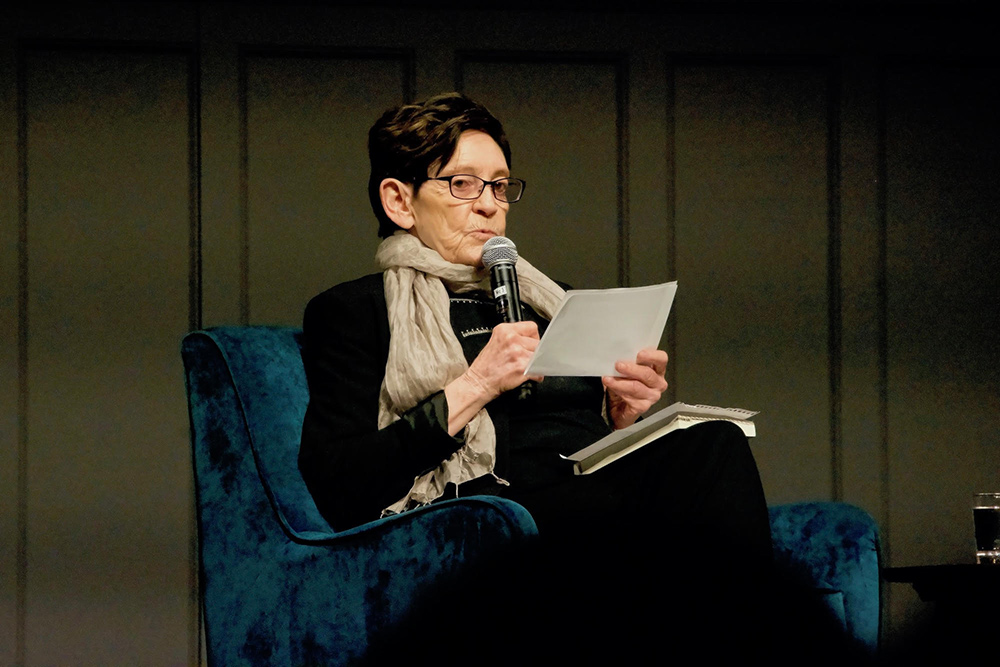
Before Columbus Foundation is one of the many projects that came out of the 1960s cultural, political, civil rights, and decolonial revolutions, and one of the few that has survived and flourished with integrity intact. When I heard the name, “Before Columbus,” I knew that it was something original and important. In 1976, while the Columbian patriots were celebrating the English settlers’ declaration of independence, with its stated intention of taking the continent and eliminating the Indigenous Peoples, a group of writers in the San Francisco Bay Area proclaimed a future that would honor the peoples of the Americas and Africa and Asia and the Pacific and the Caribbean who thrived before Columbus, and became the dammed under Western European institutions of genocide, capitalism, slavery, and colonization, after Columbus.
The centerpiece of the Before Columbus Foundation, the annual American Book Award, has for nearly a half century honored writers descended from the damned and their comrades who reside in the United States. One of the greatest honors of my life was to be a recipient of that award. The New York literary awards establishment has still not caught up with the genius of the American Book Award, but they have been smart enough to award many writers first honored by the Before Columbus Foundation.
— Roxanne Dunbar-Ortiz, winner of the American Book Award 2015 for An Indigenous People’s History of the United States

Tiya Miles
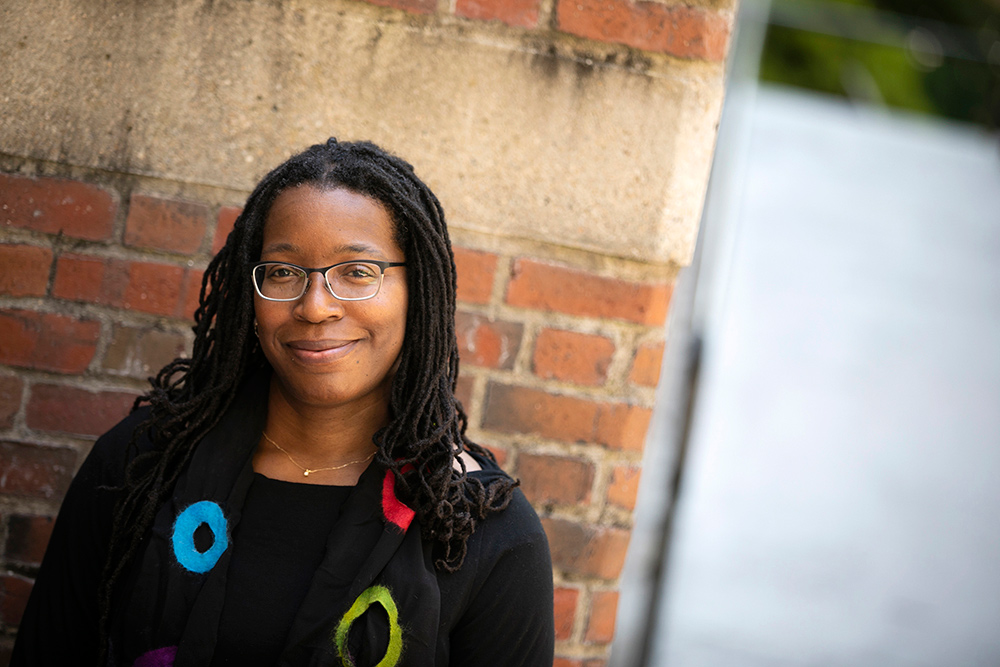
When I began researching a history of colonial and early American Detroit that would center enslaved people of African and Indigenous descent, I was told by an editor that the topic was too parochial to attract broad interest. The Before Columbus Foundation proved that prognostication wrong by selecting my book, The Dawn of Detroit, for recognition. Winning an American Book Award signaled the worth of my subject matter and affirmed that my means of telling this story was valued by writers who prize the literary arts and honor diverse histories. There is nothing quite like being selected by a jury of esteemed peers for an award that one cannot apply for. I am grateful to the Before Columbus Foundation for finding my book and uplifting it for public awareness.
— Tiya Miles, winner of the American Book Award 2018 for The Dawn of Detroit: A Chronicle of Slavery and Freedom in the City of the Straits

Kelly Lytle Hernández
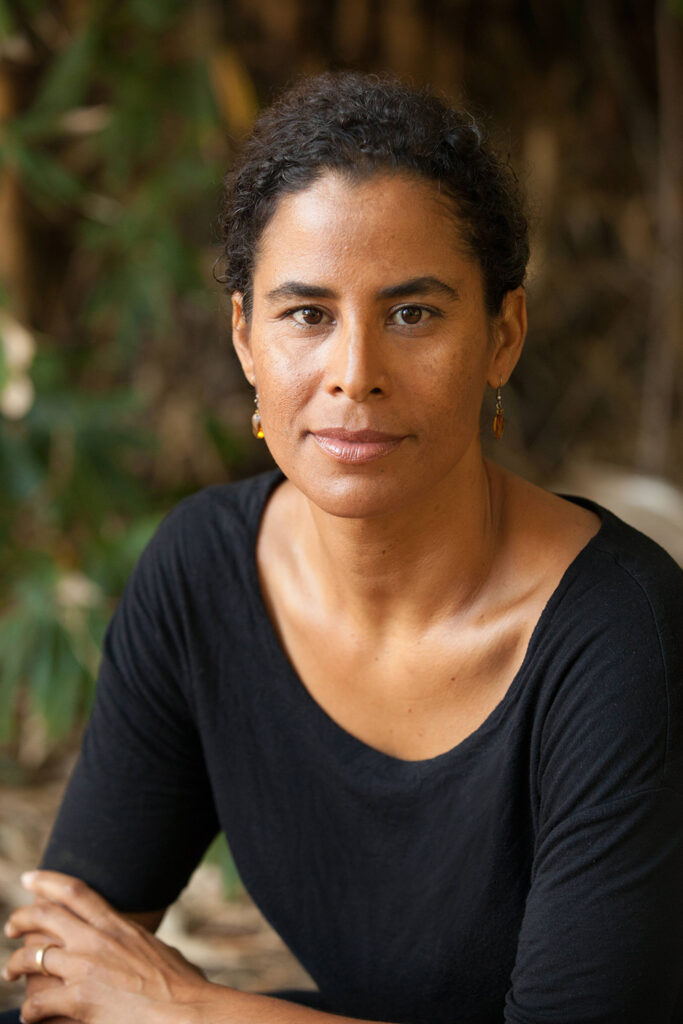
The Before Columbus Foundation consistently lifts the most daring, path-breaking, and cogent works on the American experience. Every year, I await the ABA list, knowing that every book and collection so acknowledged is a must-read. To have had a book recognized with the distinction of the American Book Award has been a great honor in my career and, in my life, a cherished opportunity to join a community of writers committed to justice.
—Kelly Lytle Hernández, winner of the American Book Award 2018 for City of Inmates: Conquest, Rebellion, and the Rise of Human Caging in Los Angeles, 1771-1965

May-lee Chai
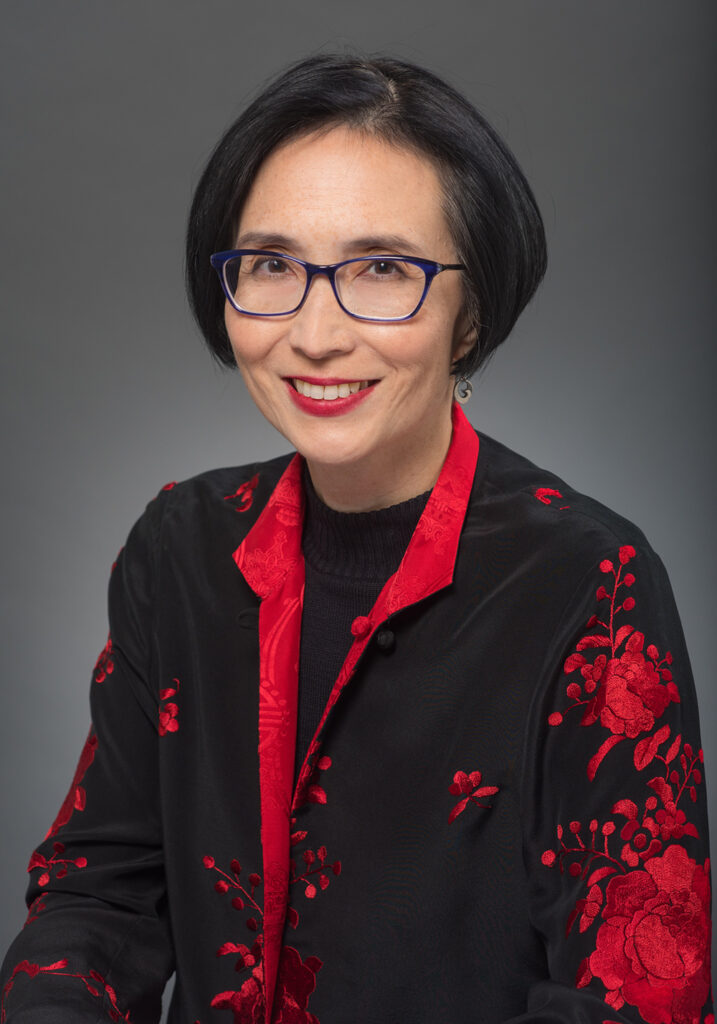
It was a tremendous honor to receive an American Book Award from the Beyond Columbus Foundation. I was thrilled to join the company of writers whom I have read and respected for years, like Genny Lim and Luis Alberto Urrea, Natalie Diaz and Laila Lalami, legends like Jamaica Kincaid and Daniel Ellsberg. I decided to put together my short story collection Useful Phrases in Immigrants during the last Presidential Primary. I was shocked and horrified that the mainstream media simply repeated the very ugly and racist things that a certain New York real estate developer was saying without criticizing him, without questioning why such a man might feel entitled to spread hate. Four years later we can see how that level of accommodation has threatened the well-being of not only Americans but of all the peoples of the world.
I am grateful to the Before Columbus Foundation for their work in promoting the voices of resistance to colonization, to racism, to hate speech, to violence against the bodies of immigrants and migrants and the Indigenous and the descendants of the enslaved Africans who were kidnapped and brought to this country against their will. I am honored to have received an American Book Award in this historic moment, to have my voice amplified so that I can stand along side these incredible writers, to join with them to speak truth to power.
— May-lee Chai, winner of the American Book Award 2019 for Useful Phrases for Immigrants: Stories

Tommy Curry
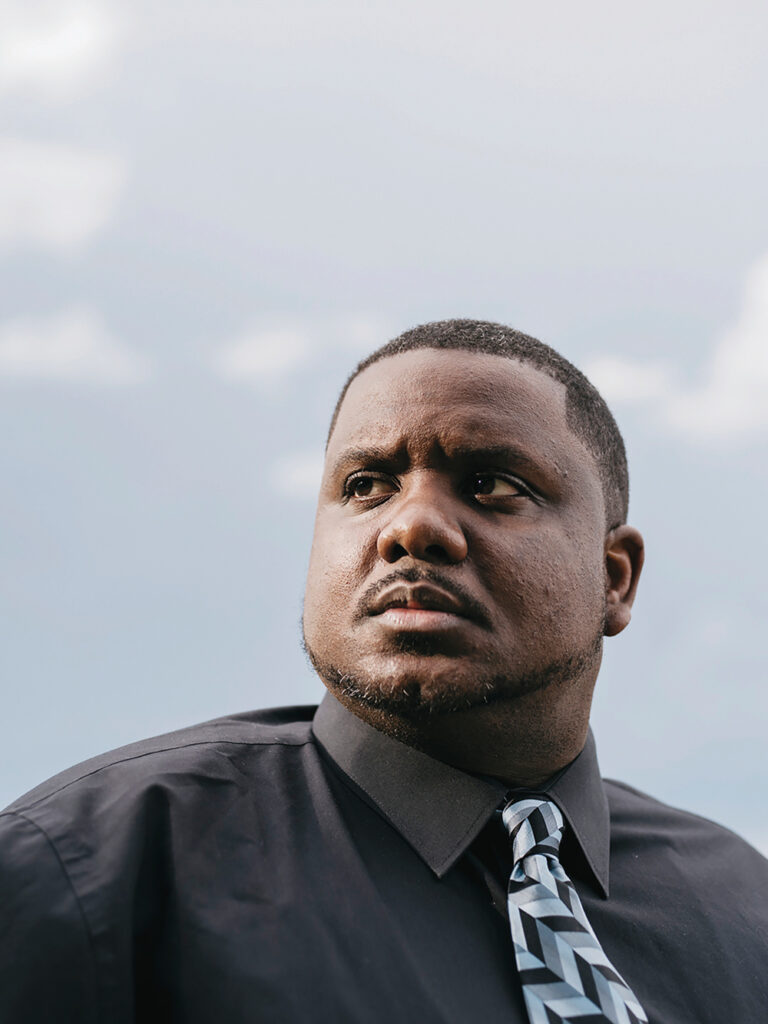
On The Man-Not being an Award Winning Endeavor | By: Tommy J. Curry
The American Book Award is one of the most prestigious and long-standing honors recognizing the academic scholarship, creative literature, and artistic works of writers over the last four decades. To be recognized by the American Book Award committee means that the works chosen have made an outstanding contribution to American literature and are anticipated to have a transformative effect on the social consciousness of America for generations to come. The previous winners of the American Book Award have almost single handedly composed the canon of the 20th century’s Black radical tradition. Thinkers and theorists the likes of Derrick Bell, Cornel West, Toni Morrison, Angela Davis, Robin D. G. Kelly, and Edward Said have all been recognized by the Before Columbus Foundation for their works, activism, and insights. To win an American Book Award is to not only know that one’s work, the toils of intellectual and creative labor, merits recognition; but to accept that what one has accomplished reaches beyond their own time—touching that coveted realm of the memorial.
I knew The Man-Not: Race, Class, Genre, and the Dilemmas of Black Manhood would be a controversial book, even before it was fully penned. At conferences I received jeers from scholars who insisted that a book written about Black males that was not feminist in orientation should not exist. Despite receiving two reviews of The Man-Not that recommended publication as is (one reviewer did suggest I amend the title), some were of the opinion that such a work on Black men deserved to be censored, or should be little more than a pamphlet.
Recognition and academic success in the United States are often denied to those who do not flatter the ongoing mode, or the existing disciplinary aims and preferred discursive patterns of their time. Winning the American Book Award for The Man-Not showed me that there was an audience for research framing Black males through their humanity rather than pathology. It offered relief from the idea that any works engaging the Black male experience must be apologetic; or circumscribed by their original sins: as patriarchs, abusers of women and children, and rapists. In a world where Black men and boys are killed and sexually assaulted by police, abandoned by society, abused by their partners and family members with no one to hear, much less tell their stories, the Before Columbus Foundation heard the impassioned pleas of Black men and boys for theory and the world to change.
To have my work recognized by the board of the Before Columbus Foundation—a board comprised of scholars, artists, and activists who have held MacArthur Genius Grants, National Endowment of the Arts Fellowships, National Book Awards, or been Pulitzer Finalists, PEN awardees, and decorated by numerous other prestigious recognitions—is a humbling experience and welcomed adoration. The prestige of the American Book Award resonates across the world. European intellectuals and radicals have a tremendous amount of respect for the Black experience and the ground-breaking tradition associate with the Before Columbus Foundation. The resistance Black Americans continue to show against their white oppressors is a beacon for those who are looking towards the possibility of humanity, and the American Book Award represents the very best of this endeavor. The Before Columbus Foundation recognized the international reach of my scholarship and rewarded an intellectual intervention that dared to go beyond the bounds and borders of the United States’ thinking about race and racism.
I remain humbled that the Before Columbus Foundation believes my very first book, The Man-Not: Race, Class, Genre, and the Dilemmas of Black Manhood, deserves to be recognized alongside the greatest minds of the 20th and 21st century. The American Book Award is truly an honor beyond measure.
—Tommy Curry, winner of the American Book Award 2018 for The Man-Not: Race, Class, Genre, and the Dilemmas of Black Manhood

Kellie Jones
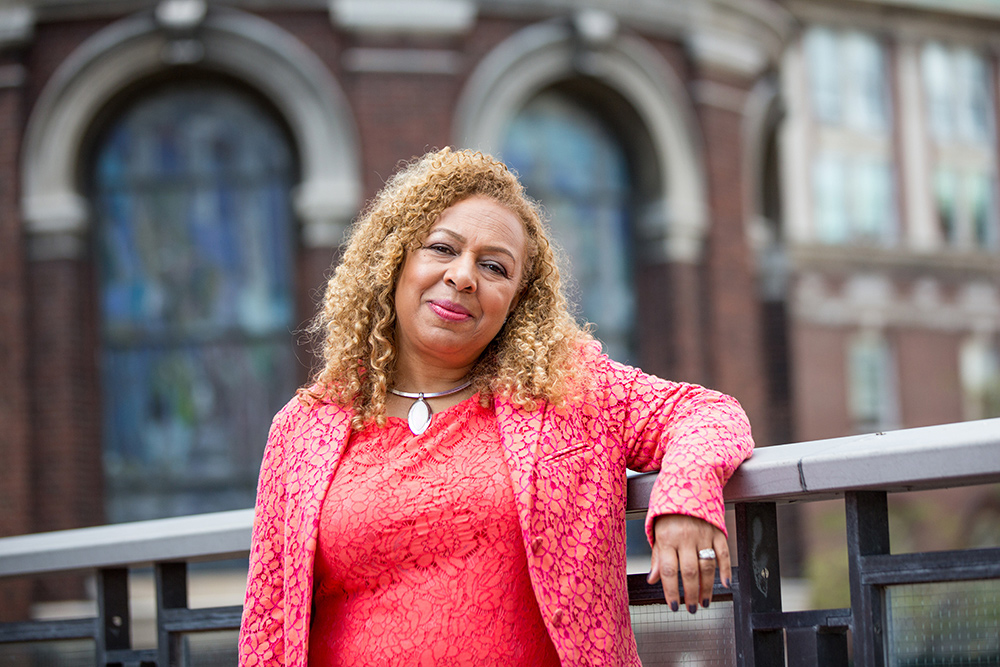
For more than four decades the Before Columbus Foundation has yearly honored a group of those who take up the craft of writing with the American Book Award. The prize recognizes that what links us as peoples of this soil we call the United States is our bountiful and embracing culture. The American Book Award honors the truth about American culture: that it is myriad, that it is welcoming, that it speaks many tongues and hears with ears tuned to many languages. This is what the American Book Award pays tribute to in honoring distinction in American literature. This is what writing and American Literature is. All these wonderful stories in myriad forms, from poetry and stories to scholarship and oral literature. This I learned at my poet-parents side: this is what art is. It was something I didn’t have to unlearn over the years but only enlarge and carry to ever larger platforms. The American Book Award honors the way I was brought up: with art at the center, with the idea that art (and activism) can change the world. And it still does and can. For this reason, receiving the American Book Award for Criticism in 2018 was one of the most meaningful prizes I have received. Getting this award given by writers celebrating writers keeps me ever hopeful, moving onward, with an eye towards the future.
— Kellie Jones, winner of the American Book Award 2018 for South of Pico: African American Artists in Los Angeles in the 1960s and 1970s

Mark Sarvas
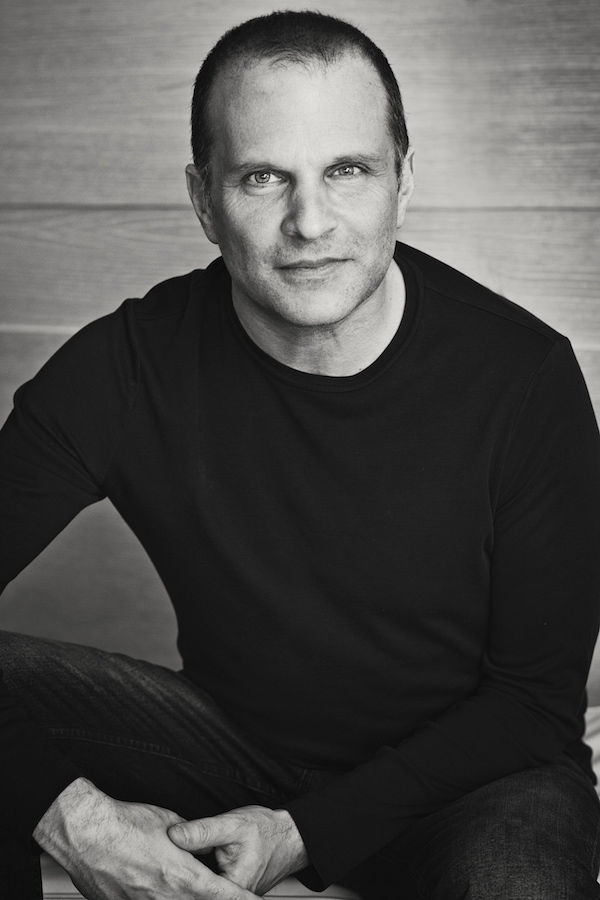
I remember precisely where I was sitting and how I felt when I received the email advising me that the Before Columbus Foundation had selected my novel, Memento Park, for an American Book Award. The honor was stupendous, the reverberations of which I feel to this day. Not so much for the tribute to the book itself, though that was astonishing. Rather, it was being recognized by an organization of such vision, such a capacious sense of inclusivity that filled me with a joy I continue to feel. The more I learned about Before Columbus, the more I came to see it exemplifies the diversity of this nation’s polyphonic literature. It elevates and transcends the common horse-race categorizing of most awards, and reaffirms in a most profound way what lovers of literature have long suspected – that, as President Obama said about novels to the author Marilynne Robinson, “the world is complicated and full of grays, but there’s still truth there to be found, and that you have to strive for that and work for that. … it’s possible to connect with some[one] else even though they’re very different from you.” If literature helps make the world better, then I believe the Before Columbus, with its bracing and generous perspective, helps make literature better. I am immensely grateful and support every effort of this wonderful organization.
— Mark Sarvas, winner of the American Book Award 2019 for Memento Park: A Novel

Thi Bui
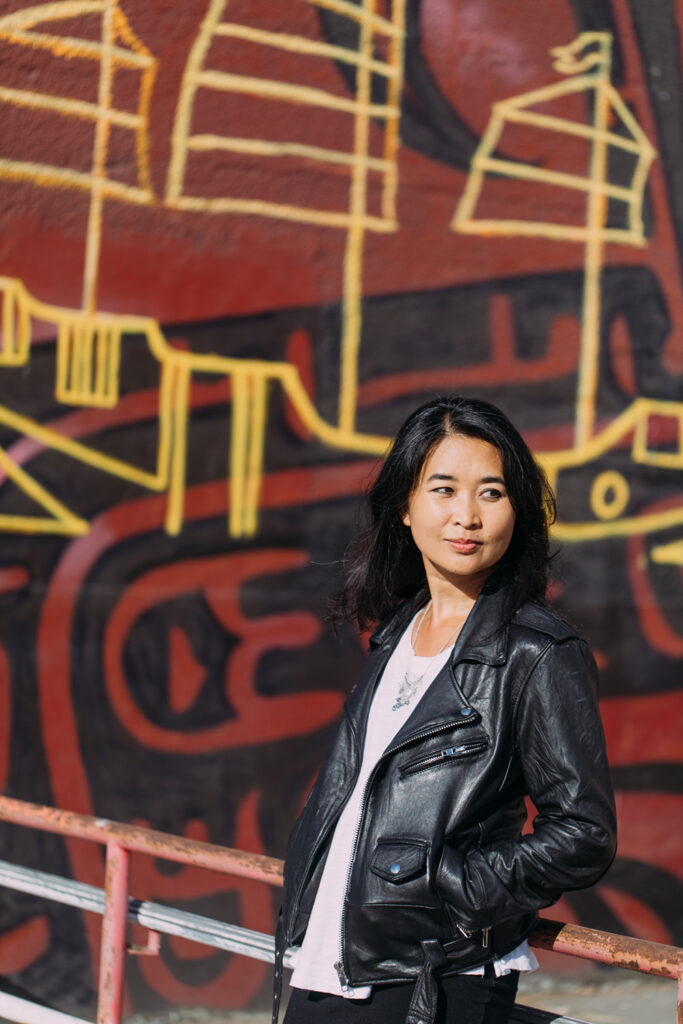
There are some awards ceremonies that make you feel like Cinderella at the ball. They hype everyone up and then let most everyone down except for a select few winners. Whether you win or lose, it’s not a healthy lifestyle for a writer to get into. Then there are the American Book Awards, which just happen to you out of the blue and change your life without ever asking you to kiss any hands or put on any dresses. You meet other writers both receiving and giving the honors, you hear their powerful work, and it feels like being welcomed into a den of warriors. I went home afterwards and proceeded to sharpen my weapons – my words, my art, my purpose. It was an award that affirmed me and granted me a boost in the public realm, but in the most healthy of ways that nurtured me not as a product, but as a writer engaged in the world.
— Thi Bui, winner of the American Book Award 2018 for The Best That We Could Do: An Illustrated Memoir

Jeffrey C. Stewart
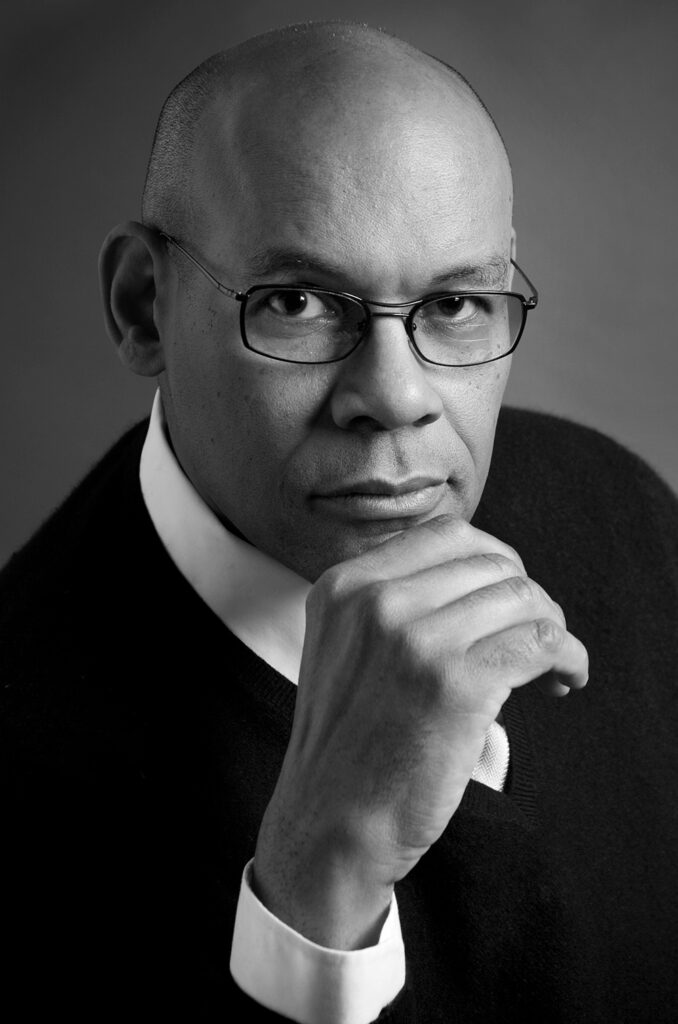
I was deeply moved that the Before Columbus Foundation recognized my biography of Alain Locke in 2019. That a West Coast literary society honored my book with an American Book Award confirmed for me a growing sense that I am, above all else, a West Coast writer. I was reminded of my days as a undergraduate at the University of California when I studied with the philosopher Maurice Natanson and felt that the California intellectual community welcomed a level of experimentation in thinking and writing that sometimes was less welcome in East Coast forums. Even more personally, that an organization created by Ishmael Reed recognized me and my writing meant the world to me. It does still. For Reed was the writer I read when I was an undergraduate at Santa Cruz and dreamed one day I would have the guts to write like him. I haven’t gotten there yet. But that his organization recognized my effort in The New Negro: The Life of Alain Locke (Oxford, 2018) suggests I am on the “highway,” as the sisters in church say, and may get there soon.
— Jeffrey C. Stewart, winner of the American Book Award 2019 for The New Negro: The Life of Alain Locke

Jesús Salvador Treviño
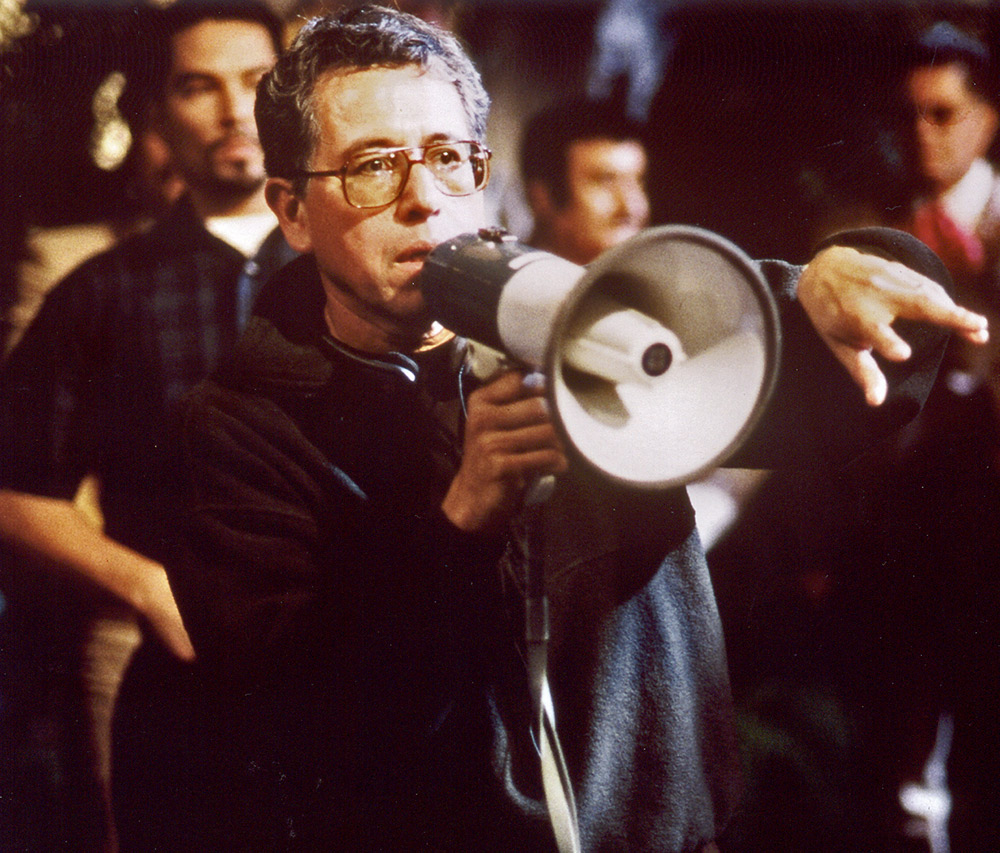
I am honored to be recognized by the Before Columbus Foundation with the American Book Award. As with all of those so honored, this recognition is special because it contributes to the creation of a new canon in American literature. Indeed, it redefines what is meant by American literature. No longer the purview of mainstream authors voicing stories of familiar American landscapes, the Before America Foundation recognizes that there have always been diverse literary voices in America that have not been heard and the foundation strives to change this situation.
Whether it is an African American poet writing about growing up in South Central Los Angeles, a Latina writing about her teenage experience in the Rio Grande Valley of Texas, a Palestinian American recalling survival in a partitioned Israel, a yonsei Japanese American reclaiming his ancestral roots, or a newly arrived Chinese immigrant chronicling her experiences in a memoir, all are diverse American voices that are often ignored by the mainstream publishing world and yet deserve to be heard.
This is a new definition of American literature, a literature not hand-picked by publishers because of the pedigree of the author or because of the headline-grabbing subject matter, nor a literature stemming from generations-long, in-bred aesthetics of what is considered to be “good” literature.” Often “good literature” merely reflects the prejudice of the person making that determination, overlooking valuable contributions by lesser known authors from diverse ethnic, social and religious backgrounds.
The stated purpose of the American Book Awards is to “recognize literary excellence without limitations or restrictions. There are no categories, no nominees, and therefore no losers. The award winners range from well-known and established writers to under-recognized authors and first works.”
By so defining its purpose, the Before Columbus Foundation is in effect proposing to American letters a new definition of the canon, it is canon open to and enriched by great American writing from all diverse backgrounds, covering all issues, and themes. As laudable and obvious as this may seem, it is a reality as yet not achieved in American society.
And so the need for the Before Columbus Foundation and the American Book Awards.
— Jesús Salvador Treviño, winner of the American Book Award 2016 for Return to Arroyo Grande

Victor LaValle
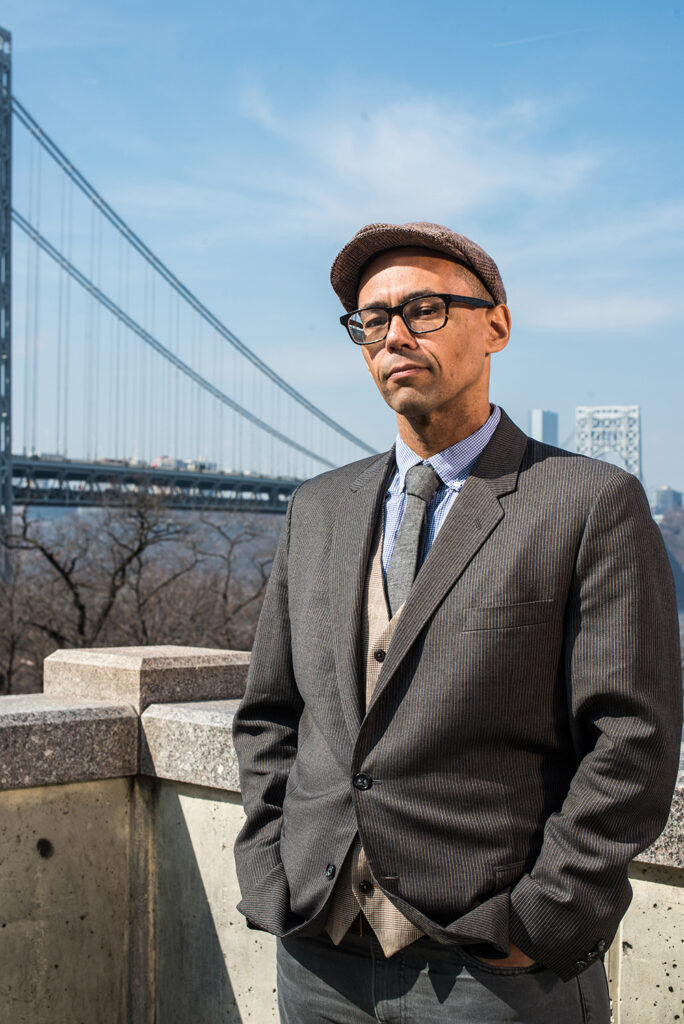
My American Book Award win came at exactly the right time in my writing life. In 2010 I published a book that was a real departure for me. Instead of the more grounded, literary realist fiction of my first two books, my third, Big Machine, was a wild ride. A shift into the speculative, the political, the monstrous. I worried, sincerely, that I’d shot myself in the foot; that my career would be over. Who would ever want this weird book of mine? So when I got word of the American Book Award it felt, truly, like being recognized. Rather than being shunned or dismissed, I felt welcomed, rewarded. It’s no exaggeration to say the award helped propel me forward with the confidence I needed to become the writer I am today. I remain as grateful to the Before Columbus Foundation now as I was then.
—Victor LaValle, winner of the American Book Award 2010 for The Big Machine, and the American Book Award 2018 for The Changeling: A Novel

Deepa Iyer
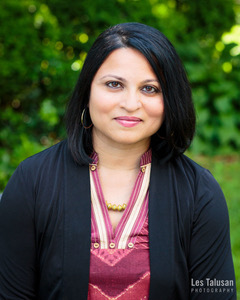
Being selected for a 2016 American Book Award for my book, We Too Sing America: South Asian, Arab, Muslim, and Sikh Immigrants Shape Our Multicultural Future, was an unforgettable honor. I am so fortunate and humbled to be among a distinguished group of writers whom I deeply admire. The American Book Award is special because it highlights people of color writers and amplifies their work to bigger audiences. I’m deeply grateful to be part of the American Book Award family.
— Deepa Iyer, winner of the American Book Award 2016 for We Too Sing America: South Asian, Arab, Muslim, and Sikh Immigrants Shape Our Multicultural Future

Joseph Rios
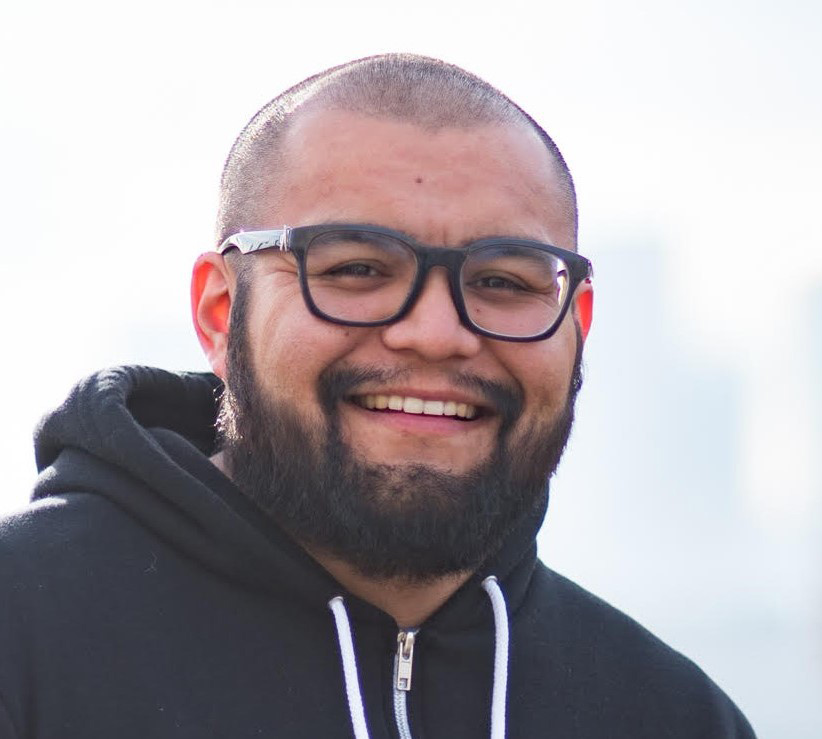
My instinct is to say, to hell with awards and the institutions that give them out. As BIPOC we operate in a business that has historically manipulated, marginalized, and flat out erased our existence. Thankfully, the Before Columbus Foundation ain’t one of those joints. I’m not ashamed to say that I read and cherish the books and authors previously honored by this award. I will admit that upon publishing my first book, I wanted so bad to be named among them. The folks on the list are my heroes. Writing the book, I was like any kid dribbling in the driveway pretending to the Kobe or Jordan. I wanted to be Etheridge Knight and Lorna Dee Cervantes. I wanted to be Cherrie Moraga and Amiri Baraka.
When I got up to receive the honor, I openly wept. I didn’t expect to cry and had been mostly preoccupied with making my flight, getting from SFO, and finding parking downtown. When I read a piece in my grandmother’s voice it bubbled out of me. I realized that the award was for her and the other people in the book who are no longer with us. I looked at the faces of all my friends and fellow writers and I wept for all the payday loans, book pawn counters, re-po yards, bus stops, and manual labor jobs that I weathered to write the thing. So, yeah, I’m beyond thankful for the American Book Award and the Before Columbus foundation for doing this essential fucking work. This award and these books are ours and for-us for-ever. La lucha sigue.
— Joseph Rios, winner of the American Book Award 2018 for Shadowboxing: poems & impersonations

Halifu Osumare
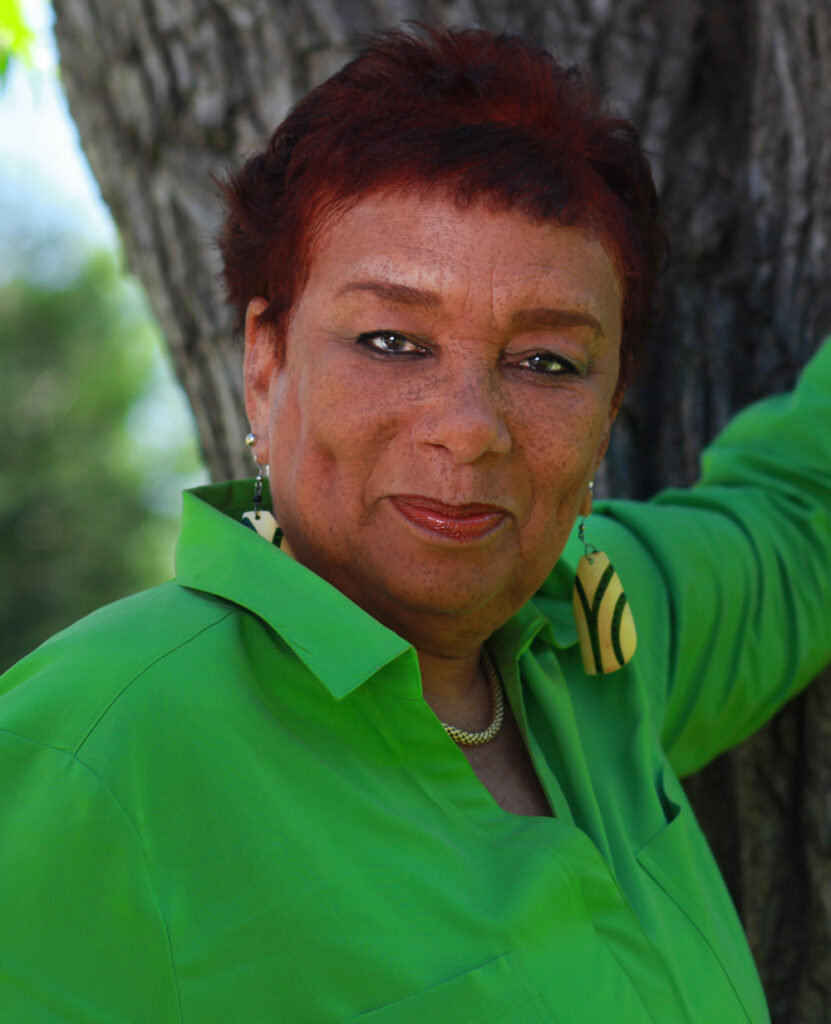
The American Book Awards given by the Before Columbus Foundation means that we have a West Coast critical award establishment that recognizes good, substantive writing that is contributing to our ongoing national discourse. We do not have to always depend on the East Coast literati to acknowledge our work. I am happy to be a 2019 recipient for my Dancing in Blackness, A Memoir. As a dancer-choreographer growing up in San Francisco and Oakland, it means a lot to have my often overlooked art form recognized as being a sphere where socio-cultural and political discussions can emerge and inform our national and global lives.
— Halifu Osumare, winner of the American Book Award 2019 for Dancing in Blackness: A Memoir

Iván Argüelles
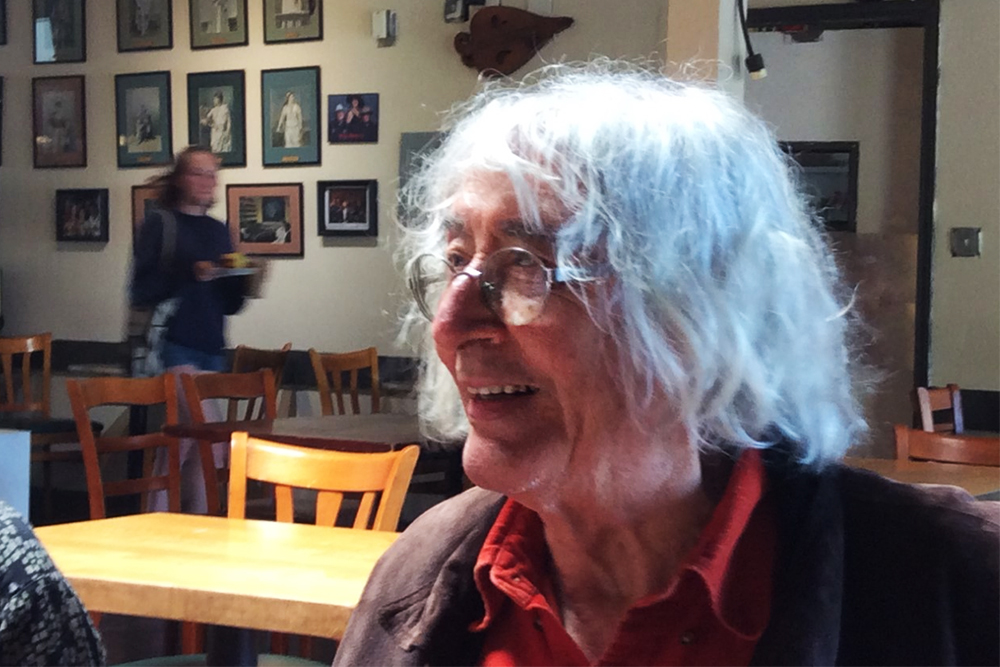
I was watching a documentary on Toni Morrison the other night, and seeing such figures as June Jordan and Ishmael Reed in the film, I came to the realization that, were it not for precisely these two writers, I would not have received any significant awards in my long career as a Mexican-American Poet. In fact, The Before Columbus Foundation reached out to me decades ago and selected poems of mine that had originally appeared in the Revista Chicano-Rique~na for inclusion in a Before Columbus Foundation catalog/anthology. Years later my book The Death of Stalin received a BCF American Book Award in 2009. Then in 2013 I was honored with a BCF Lifetime Achievement Award in Miami. That I have been awarded and recognized for my work by the Before Columbus Foundation has been a great honor for me, as I consider the Foundation a principle supporter for non-mainstream authors and writing in this country. (Incidentally, June Jordan was the judge who selected my book Looking for Mary Lou for the 1989 William Carlos Williams Award from the Poetry Soc of America)
— Iván Argüelles, winner of the American Book Award 2011 for The Death of Stalin, and the American Book Award 2013 for Lifetime Achievement

Emily Raboteau
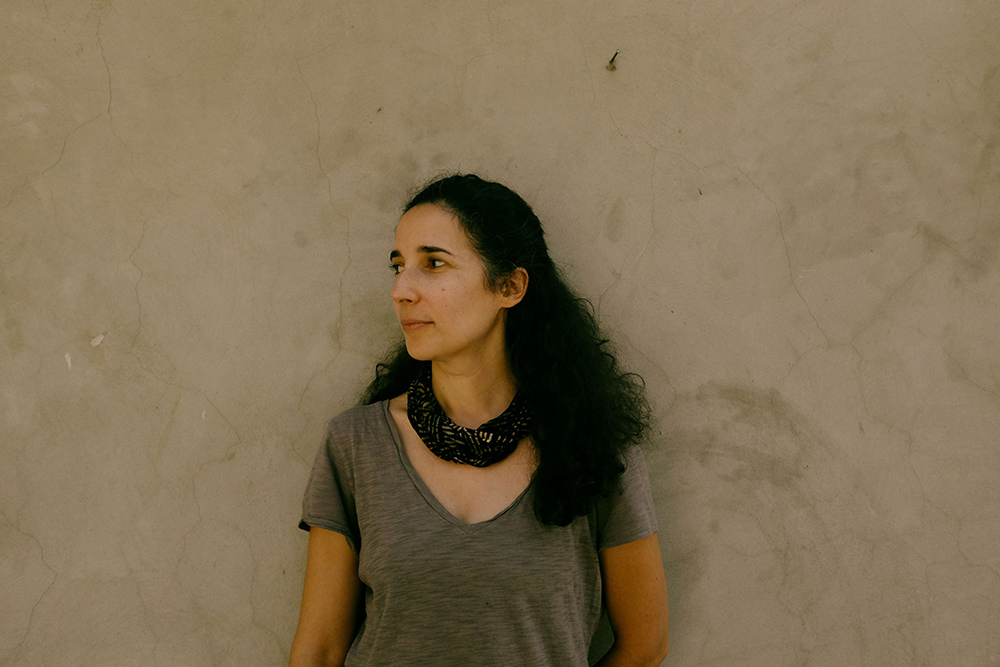
Winning an American Book Award was an honor. Artistically, it boosted my confidence. Materially, it allowed me to renegotiate the terms of my teaching job to make it easier to balance with my writing. I am proud to be among the company of other winners. Much gratitude to the Before the Columbus Foundation for its ongoing mission to recognize distinguished work by and about people of color.
— Emily Raboteau, winner of the American Book Award 2014 for Searching For Zion: The Quest for Home in the African Diaspora

Arthur Dong
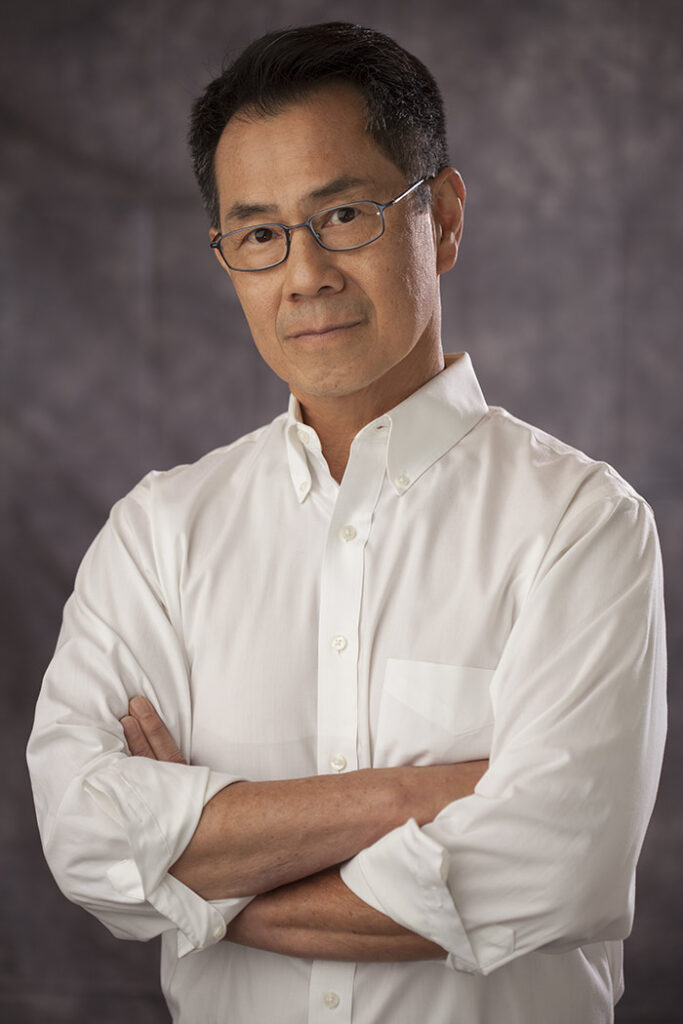
I remember that July 18, 2015 morning when Genny Lim’s electronic message flashed across my computer screen: “I need to get a hold of you ASAP”! It was just fifteen months earlier that I had self-published my first book, Forbidden City, USA: Chinatown Nightclubs, 1936-1970, a project that started back in 1989. There was some interest for the book, but mostly rejections: “Not mainstream. Not marketable. Unprofitable”. Nothing new, I’ve heard it before with my films.
“We are trying to reach you in regards to the American Book Awards,” Genny’s note continued. As a filmmaker who had cautiously crossed into the literary world, awards recognition for writing was not on my radar. To be a recipient of the American Book Award — under the Before Columbus Foundation creed, “Everyone should know by now that Columbus did not ‘discover’ America. Rather, we are all still discovering America-and we must continue to do so” — was a welcome affirmation that it’s sometimes necessary to bypass gatekeepers and take risks. As a matter of fact, we were just pondering whether to mount a second printing of Forbidden City, USA: Chinatown Nightclubs, 1936-1970, and the award served as one final bit of motivation; indeed, our cover went through a last minute design addition: the American Book Award medal!
— Arthur Dong, winner of the American Book Award 2015 for Forbidden City, USA: Chinatown Nightclubs, 1936-1970

George E. Lewis
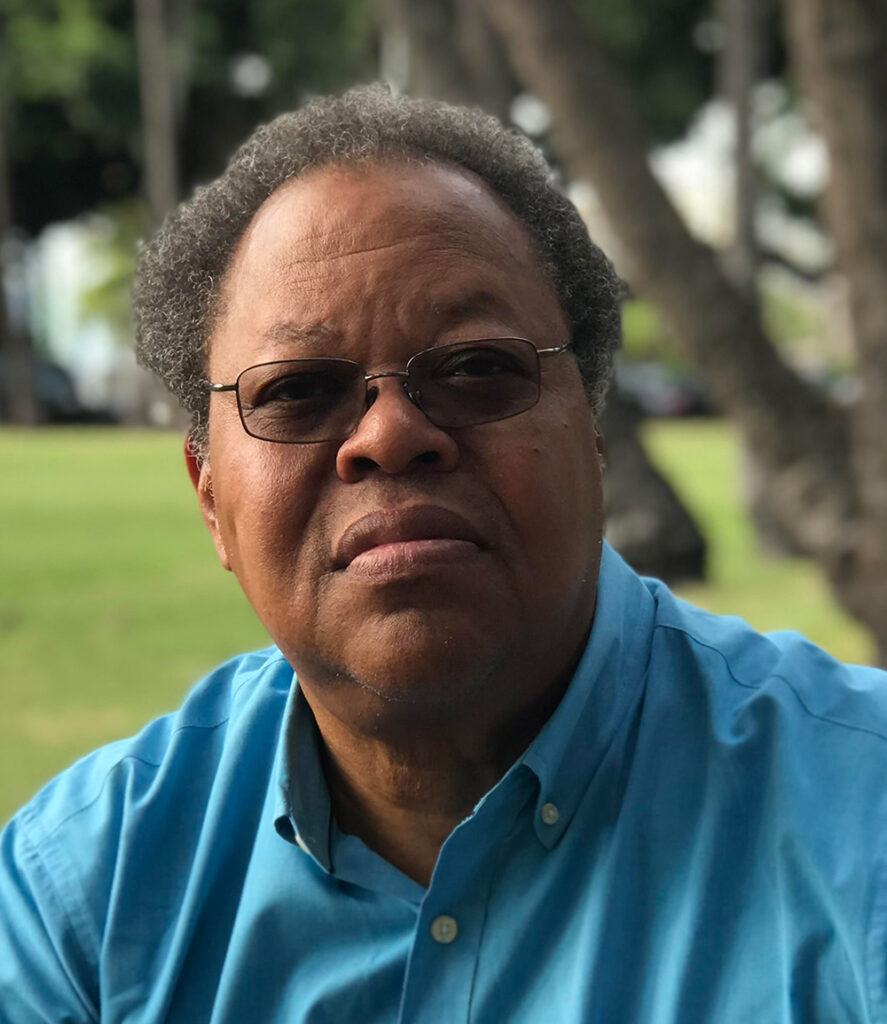
The American Book Award came to me like a bolt from the blue. The Award placed my work in the company of America’s finest writers, which I found unbelievably gratifying and important. When I consider the innovations, the commitment to excellence, the diversity, and the foregrounding of social justice that mark the works that have received this award, I still have a difficult time believing that my work could truly have a place among them. I was particularly honored to receive this award in the same year as Dr Houston A. Baker. Besides being one of the greatest scholars of Afrodiasporic literature, as it happens he was my freshman teacher in English at Yale, way back in 1969. Without his early guidance (tough love, really!) I don’t think any kind of book would have been forthcoming from me. The American Book Award serves as a crucially important model for how the diversity of cultural sources and trenchancy of expression that characterizes the best of American literature can be highlighted.
— George E. Lewis, winner of the American Book Award 2009 for A Power Stronger than Itself: The A.A.C.M. and American Experimental Music

Greil Marcus
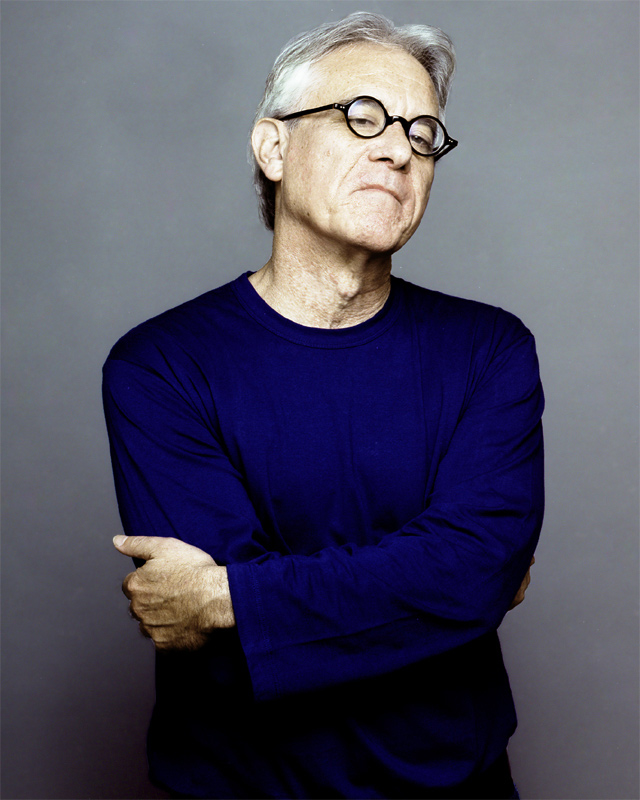
Before Columbus has revealed America to itself.
— Greil Marcus, winner of the American Book Award 2013 for Lifetime Achievement

